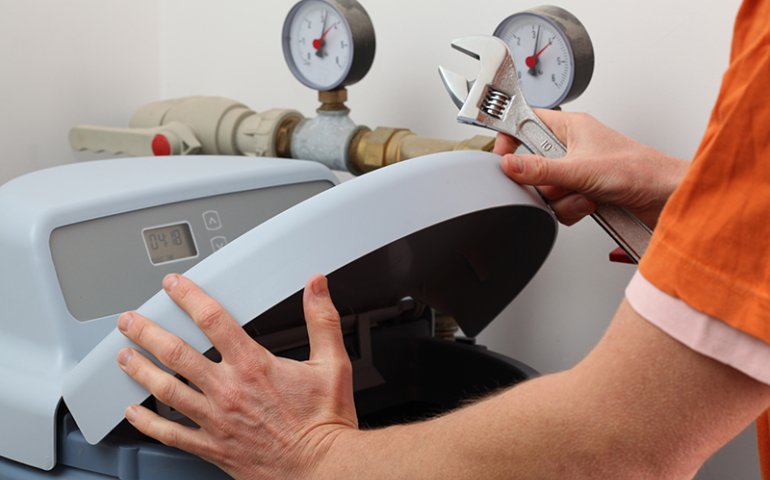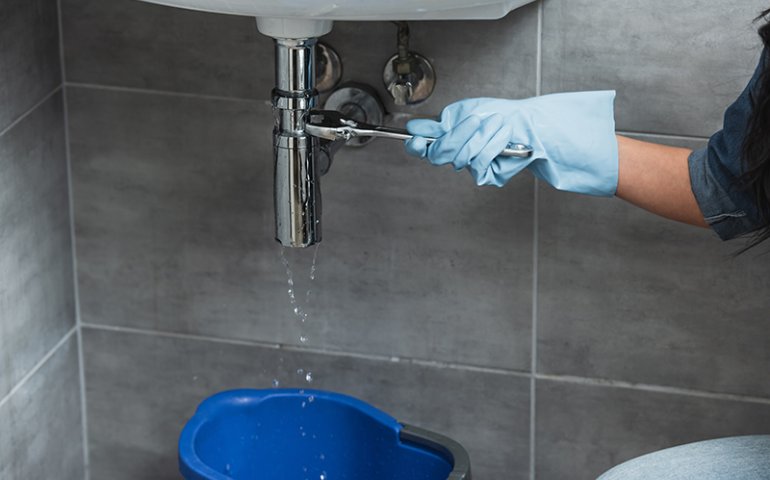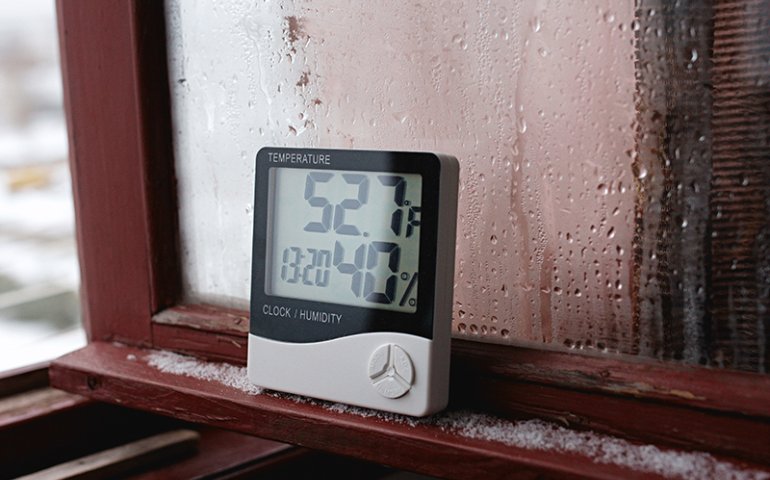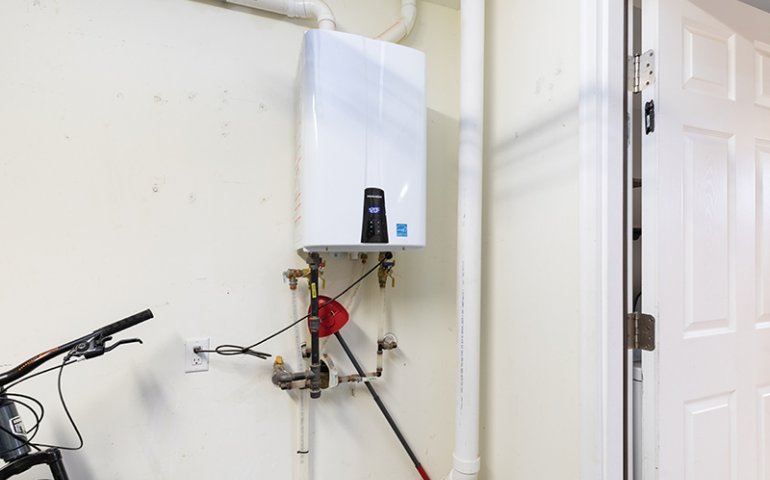The Haunting Effects of Poor Indoor Air Quality
Indoor air quality is a crucial aspect of our well-being, yet it often goes unnoticed. Poor IAQ can have haunting effects on our health, leading to many serious health concerns. In this blog, we delve into the harmful effects of poor IAQ on the body. We also provide practical tips to avoid and improve indoor air quality.
Factors Influencing Indoor Air Quality
Several factors can contribute to poor indoor air quality. Understanding these factors is essential for identifying potential sources of pollution. They also help you take steps to improve IAQ. Various pollutants can be present indoors, including volatile organic compounds (VOCs). These can come from household products, smoke, pet dander, mold, allergens, and dust.
Insufficient ventilation traps pollutants indoors. This prevents fresh air from circulating and diluting indoor air contaminants. Ventilation systems that are not maintained can contribute to poor IAQ. High humidity can promote mold and mildew growth. Low humidity can cause dryness and irritation. Balancing humidity levels is crucial for maintaining optimal IAQ.
Effects of Poor Indoor Air Quality on Health
Poor indoor air quality can have significant effects on our health. It can range from mild discomfort to severe respiratory issues. Here are some haunting effects of breathing polluted indoor air. Exposure to pollutants in the air can lead to respiratory issues . These include coughing, wheezing, asthma attacks, allergies, and even COPD. Poor IAQ can cause irritation of the eyes, nose, throat, and skin. Symptoms may include itchy or watery eyes, congestion, sore throat, and skin rashes. Studies also show that poor IAQ can impair cognitive function, concentration, and productivity. Breathing clean air is crucial for mental clarity and well-being.
Tips to Avoid Poor Indoor Air Quality
Taking proactive measures to avoid poor indoor air quality is essential. Consider the following tips.
- Regular Cleaning and Dusting. Cleaning and dusting your home can reduce dust mites, pet dander, and other allergens. Use vacuum cleaners fitted with HEPA filters for effective removal of small particles.
- Proper Ventilation. Ensure proper ventilation in your home to allow fresh air to circulate. Open windows whenever possible and use exhaust fans in kitchens and bathrooms. Consider installing a whole-house ventilation system to reduce pollutants.
- Track Humidity Levels. Keep humidity levels between 30% to 50%. This helps to prevent mold growth and maintain a comfortable indoor environment. Use dehumidifiers or humidifiers as needed to achieve optimal humidity levels.
- Avoid Smoking Indoors. Smoking indoors decreases indoor air quality. Establish a smoke-free environment to promote cleaner and healthier indoor air.
Contact Us
Poor indoor air quality can have haunting effects on our health and well-being. By using these simple tips to improve indoor air quality, you can create a healthier home. Be sure to focus on ventilation, cleanliness, and humidity control. If you need help with your indoor air quality, contact us today! We can help you to breathe cleaner air and protect your respiratory health.






